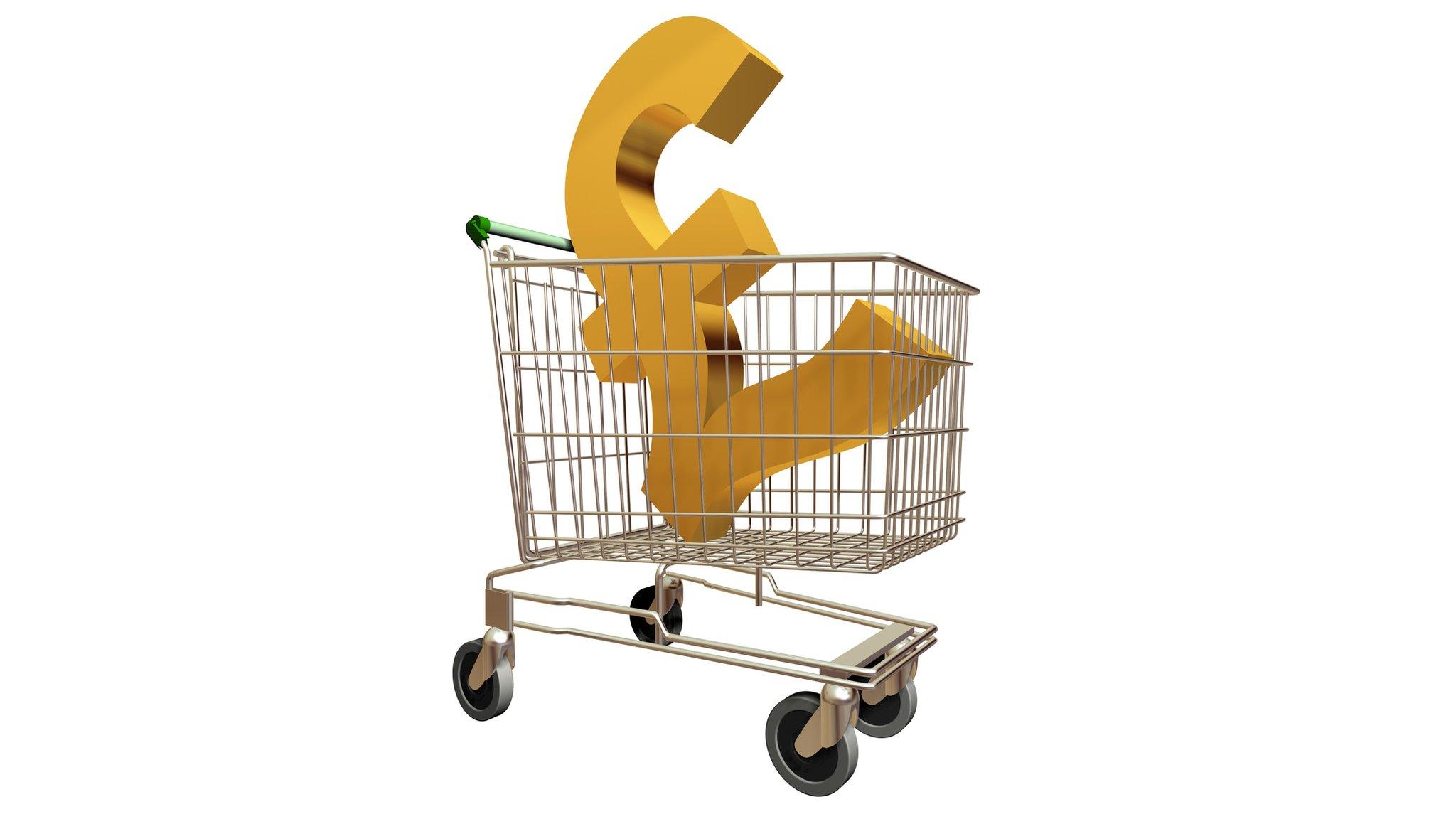Britain's 'new economic model'
- Published
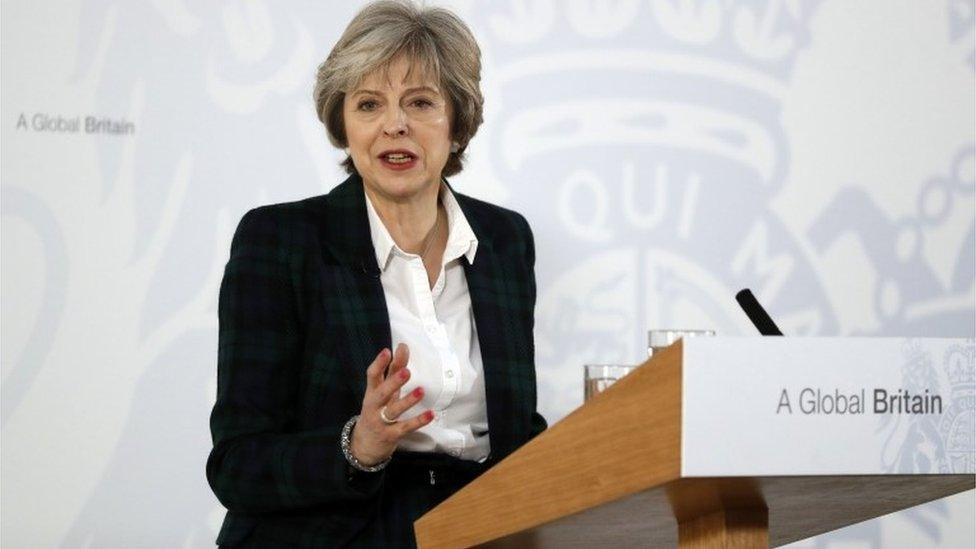
Whether it's clean or hard, Brexit is now taking shape. The prime minister's speech has set out her negotiating position, and probably as much as it could do at this stage. Brexit now has some meaning other than the word "Brexit".
So what does it mean for the economy, and what does business make of it?
For more than six months, Whitehall has tried to figure out a way of interpreting the result of the 23 June referendum. In public, it has been accompanied by unrealistic claims of what's possible, as if the campaign was still continuing.
In private, it has heard from pollsters who want the government to push on with tough measures to curb immigration.
They've also heard from businesses, large and small, which have told ministers they want clarity, the most open trade possible, access to the workers they need and no "cliff edge", at the point Britain leaves, but an orderly transfer to a new trading regime.
As of 17 January, they've got a lot more clarity, and that helped the pound strengthen sharply, even as the prime minister delivered her speech.
It might also have helped foreign exchange traders to know that there will be a parliamentary backstop to thwart a truly bad deal at the end of the negotiations, with a vote promised in both the Commons and the Lords.
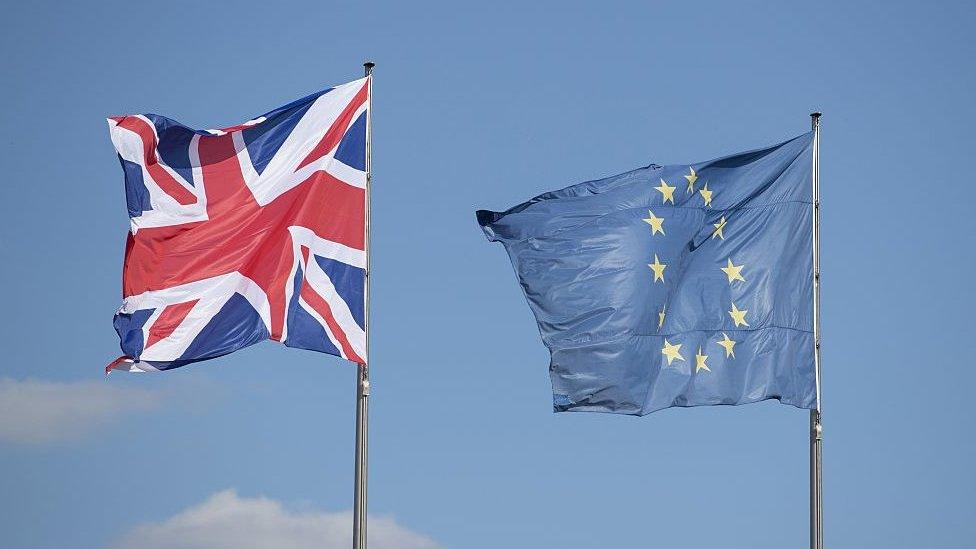
In response to the speech, businesses are repeating what they said before - that they agree with the prime minister's wish list of open markets, tariff-free trade with the EU and beyond, minimal customs controls, and a grand opening to new markets outside the EU.
They like the list of reassurances that the prime minister at least intends to be outward-looking; that she has been listening to their concerns about access to foreign skilled workers; that she is alert to the dangers of the cliff edge and the transition. Unions welcome, though sceptically, the talk of protecting workers rights.
But most are also aware that it's a wish list. It's the start of a negotiation.
Some of it was intended to persuade the other EU members that this process can be made to work with them, and Britain bears the European project no ill will.
But there will be push back. No negotiator can expect to get everything they want. So what now matters is how the EU 27 respond, and what they want from "a global Britain" outside the EU.
Their task has probably been made simpler by the realism that seems to have crept into Whitehall.
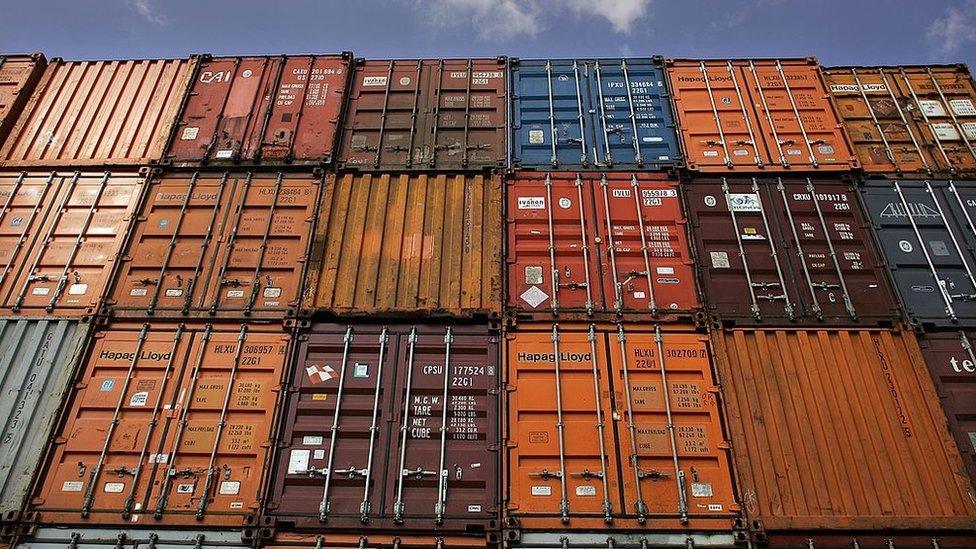
The UK is not looking for special treatment within the single market or customs union, making exceptions to the freedom of movement for workers. It wants to do a deal from outside, based on mutual interest. It may be very high risk, but at least it's clear.
And at last, Britain is recognising that negotiating with the EU 27 is not likely to be helped by being rude about those on the other side of the table.
They need to be persuaded that this works for them, that it doesn't undermine their European project, and that Britain is still up for co-operation on security, intelligence, policing and foreign affairs.
They are also being warned that Theresa May carries a big stick, or at least she thinks she does. A "punitive" reaction from the rest of the EU would cost them dear, threatened the prime minister - in access to trade, the security of EU investments in the UK, access to London's financial wizardry and integrated supply chains.
Clarity
So business could live with the Downing Street wish list, if it can be delivered.
Looking across the range of reactions, business lobby groups are most forthright in their concern about the risk of a cliff edge.
And the consensus is around a big question mark being placed over how much of the plan is deliverable, and how realistic it is that this transition to a free-trading, post-single market, non-customs union, fairer, stronger, more prosperous, less open to migration, more open to trade, particularly open to scientists, internally united, border-closing (though perhaps not in Ireland), security-co-operating global Britain can be achieved.
Even if it could be achieved, how long would that take? The claims that quick deals can be done, from Brexiteers and from Donald Trump, are from people who have never done trade deals before.
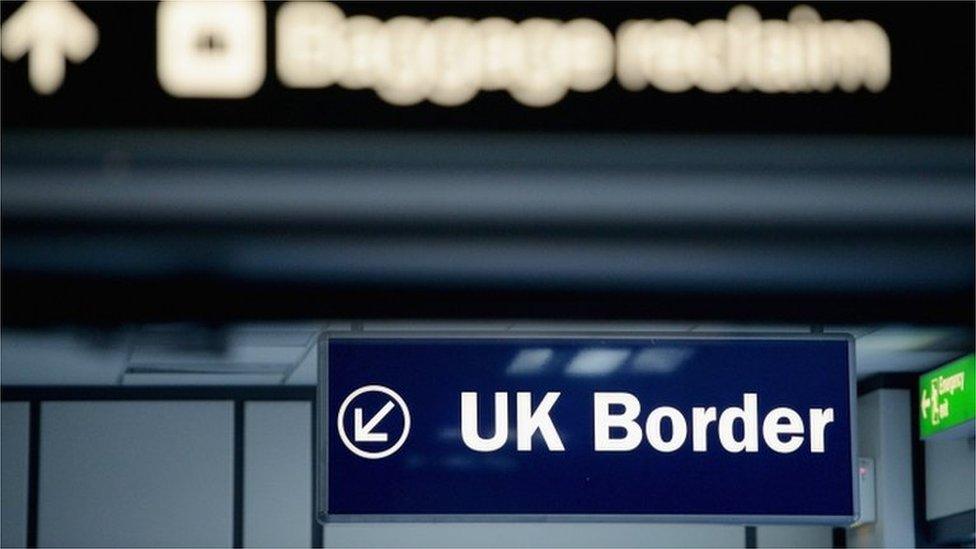
On Monday, as one instance, the EU announced the conclusion of an agreement with the US on insurance. It took 20 years of informal discussion and one year of formal talks. That is for only one sector. And as it happens, it could put European insurers at an advantage over British ones in getting access to US markets.
For the rest of the European Union, governments can now get to work on how they respond, and how they prepare themselves for negotiations. Publicly, they welcome the clarity.
But German business is warning that it will now scale back investment in the UK. In Ireland, where they are particularly alarmed at the implications of Brexit, the initial reaction from one of the main business lobby groups was particularly strong.
"This is an aggressive move by the UK, showing little regard for our trading relationship and for relations with other EU member states," said IBEC. "Theresa May has signalled a change to the UK business model, away from a collective European rules-based approach, towards a more nationalistic, isolated stance."
Ireland sees a hard Brexit as bringing a hard shock, and over time, a divergence between the highly integrated Irish and UK economies. And that is emerging as an important element in the position now being set out by Downing Street.
New model
Chancellor Phillip Hammond was talking at the weekend about "changing Britain's economic model" if the UK doesn't get the deals it wants. That was echoed in the prime minister's speech.
It's not clear what that means. One assumption is that it involves competitive cuts in business taxation. However, the past 10 years have seen corporation tax already heading in that direction, so is that really a change in economic model?
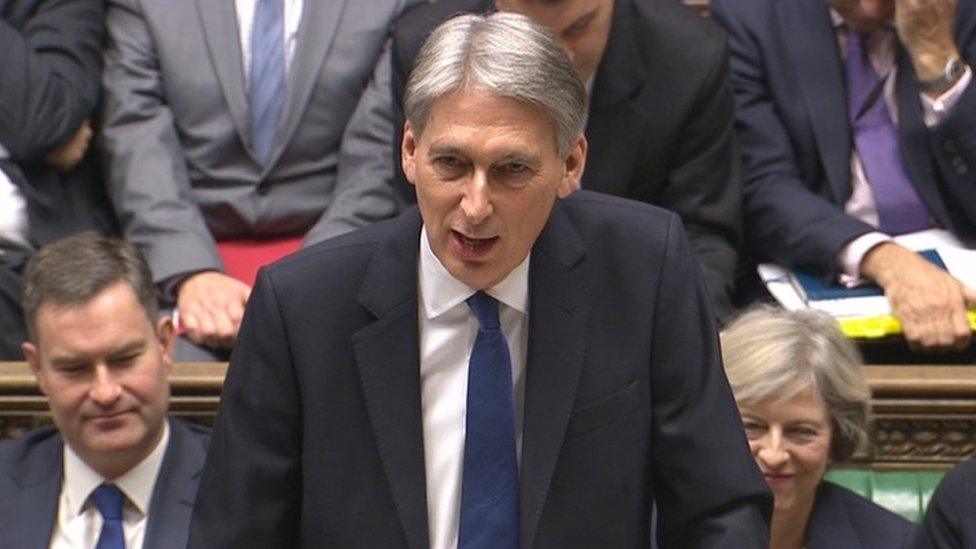
The chancellor has talked about "changing Britain's economic model" if the UK doesn't get the deals it wants
It could involve an attempt to beef up Britain's manufacturing base. Stand by for more from Whitehall on a new industrial policy. But that's not a new idea either, and getting improved productivity into British industry has proven very difficult for years.
It could mean less dependence on selling British services to the European Union, which should be of particular concern to the financial sector in the City of London. Or to listen to the small band of economists who backed the Brexit vote last June, it requires a welcome for of tariff free imports, even if trading partners do not reciprocate.
Whatever else a "changed economic model" means, it almost certainly involves a lot of disruption - of some businesses and sectors growing, while others decline, and of workers having to retrain and re-orient themselves. The last major "change in economic model" in Britain was often termed Thatcherism.
The growing sectors are less obvious than the ones likely to decline. Some of them might be in the business of substituting EU imports. If so, they would do so less efficiently than those European suppliers, and their prices can expect to rise.
Of course, those who feel the pain of such economic disruption are also the ones most likely to make a noise about it.
As for Scotland? For some, it's a top priority. In all the choices being faced by Theresa May, it is clearly not. There was prime ministerial talk in her speech of powers being transferred from Brussels and devolved beyond Westminster. And she argued that this is a time for the UK to stick together (for reasons very similar to the ones used, unsuccessfully, by the Remain campaign last June).
But the Scottish government got little of what it said it needed from the UK's negotiating position.
As a result, another Scottish independence referendum looks "more likely", says Nicola Sturgeon. So just as business can welcome more clarity about the future shape of Brexit and Britain's trading relations, it faces less clarity about Scotland's.
- Published12 January 2017
